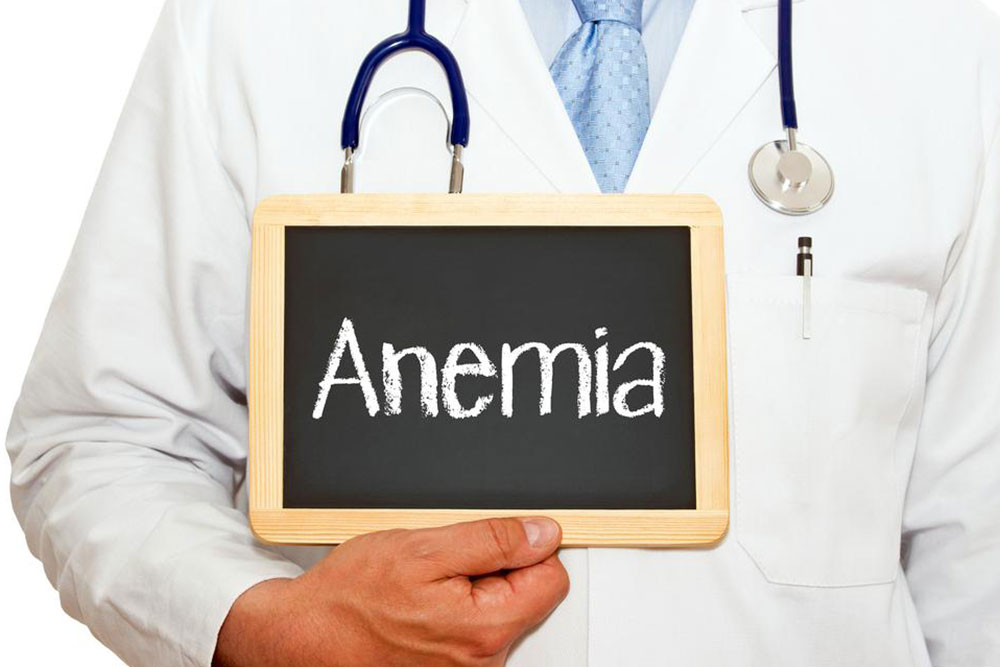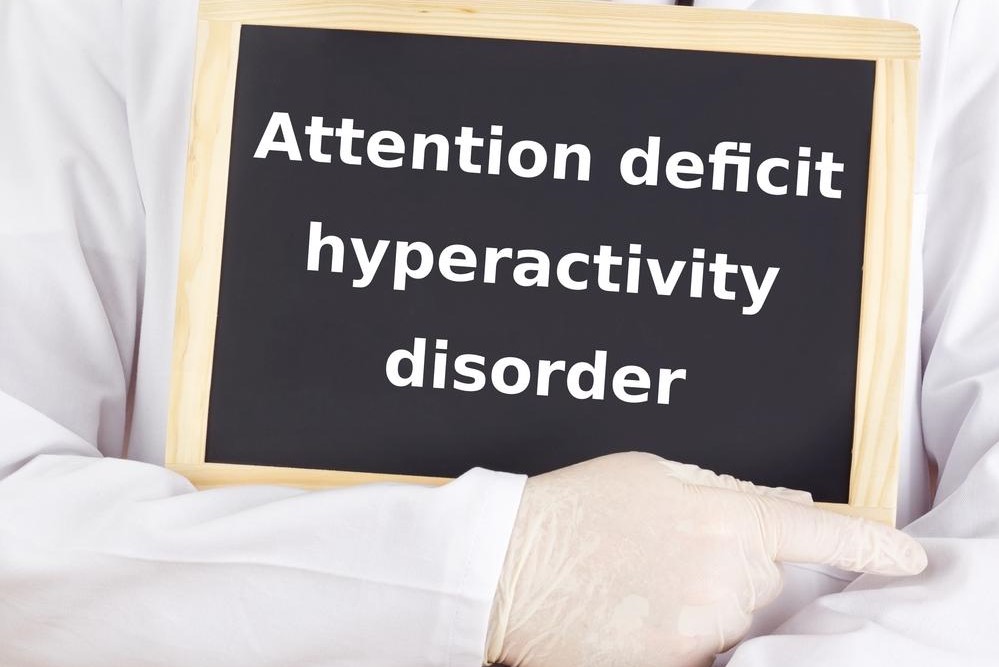Signs, Causes, and Management of Iron Deficiency Anemia
Learn about the common signs, causes, and treatment options for iron deficiency anemia. This guide highlights symptoms like fatigue and pallor, primary causes such as blood loss and poor diet, and emphasizes the importance of professional diagnosis and personalized care to prevent serious health complications.

Signs, Causes, and Management of Iron Deficiency Anemia
Iron deficiency anemia is a common blood disorder affecting many worldwide. It happens when the body doesn't produce enough healthy red blood cells to carry oxygen effectively. A deficiency in iron disrupts this process, resulting in symptoms like fatigue, shortness of breath, and pallor. Correct management involves eating an iron-rich diet and taking supplements if necessary. Consulting a healthcare professional is vital for accurate diagnosis and personalized treatment, preventing complications such as severe anemia or liver problems.
Indicators of iron deficiency anemia include:
Pale skin
Chronic fatigue
Breathlessness
Chest discomfort
Rapid heartbeat
Dizziness or headaches
Cold hands and feet
Appetite changes, including cravings for non-foods
Brittle nails
If you notice these symptoms, seek medical advice for proper diagnosis. Avoid self-medicating with iron supplements without professional guidance, as excess iron can harm the liver and cause other health issues. Proper evaluation ensures safe treatment of iron deficiency anemia.
Major causes of iron deficiency anemia include:
Blood loss — Conditions such as heavy menstruation, internal bleeding, ulcers, or tumors can deplete iron stores.
Inadequate iron intake — Diet lacking iron-rich foods like meats, eggs, and leafy greens can lead to deficiency over time.
Pregnancy — The increased need for iron during pregnancy requires supplementation to prevent anemia.
Absorption issues — Conditions like celiac disease hinder iron absorption in the intestines, increasing deficiency risk.
In mild cases, improving diet and supplementing iron usually suffice. Ignoring symptoms can lead to serious health problems like heart issues or growth delays in children. Maintaining a balanced diet rich in iron and vitamin C, along with medical consultation, are essential preventive measures.Note:
This article provides educational information but does not replace professional medical advice. Always consult healthcare providers for diagnosis and personalized treatment. The content is based on current research; consult a doctor for specific health concerns. The website is not responsible for external unverified information.


